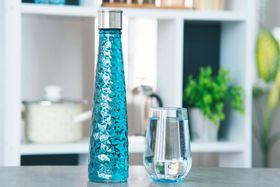Mayu Water Answers
Receive expert and informed answers to common questions about water quality and healthy, living water.
Related Articles

Cameron-Leigh Henning
3 Holiday Gift Ideas Water Drinkers Will Love
Recent Posts
Maria J Baez Calderon
How to Soften Hard Water at Home: 6 Natural Ways
Maria J Baez Calderon
How to Make Structured Water
Maria J Baez Calderon
Not All Water Is Equal: 7 Healthiest Types of Water to Drink
Daniesha Govender
Does Drinking Water Support Effective Weight Loss?
Daniesha Govender











































